[ Abstract ]
Efficiency and performance pose significant challenges when integrating Machine Learning (ML) into robotics, particularly in energy-limited real-world scenarios. Hyperdimensional Computing (HDC) presents a promising, energy-efficient alternative, yet its application in robotics remains largely unexplored. We introduce ReactHD, a novel framework grounded in Hyperdimensional Computing (HDC), crafted to facilitate advanced perception-action learning in the realm of sensorimotor control tasks. This framework is specifically tailored for deploying robots in complex real-world environments. ReactHD utilizes hypervectors to encode LiDAR sensor data and learn appropriate high-dimensional patterns for robot actions. Additionally, ReactHD incorporates two HD-based, streamlined symbolic learning methods: HDC-based Interactive Learning by Demonstration (HDC-IL) and HD-Reinforcement Learning (HDC-RL). It renders robots to show precisely situated reactive behaviors in complex environments. Our empirical evaluations on a wheeled robot powered by a low-power Raspberry Pi show that ReactHD achieves learning outcomes that are both robust and accurate, comparable to state-of-the-art deep learning, while substantially enhancing performance and energy efficiency by two orders of magnitude.
[ Biography ]
Prof. Yeseong Kim has been serving as an assistant professor at DGIST since 2020. He completed his BS in Computer Science and Engineering at Seoul National University in 2011, followed by a Ph.D. in the same field from the University of California, San Diego, in 2020. His research focuses on efficient learning methodologies and computing systems. Prof. Kim has contributed to over 60 research papers, which have been featured at leading conferences in the computer systems field, such as DAC, DATE, ICCAD, ISCA, HPCA, and MICRO. His work has garnered several prestigious recognitions, including the Best Paper Award at DATE’22, a nomination for Best Paper at DATE’20, and the Best Industry-Academia Collaboration Research Patent Award from SK Hynix.



